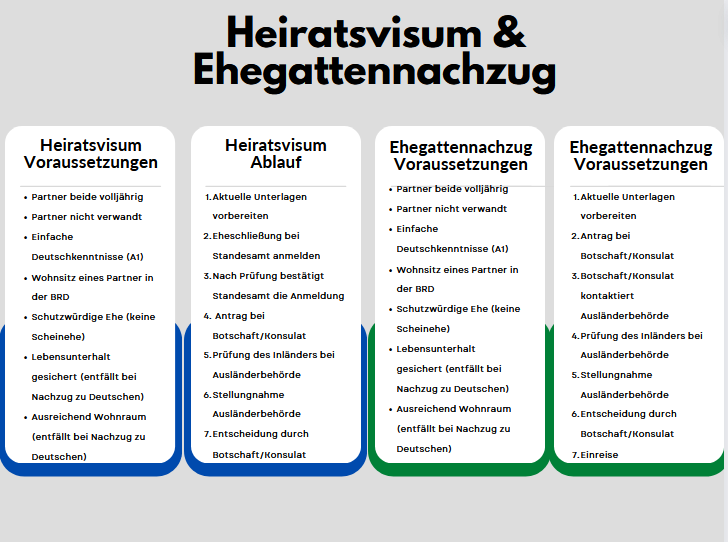Higher Administrative Court of Münster, Decision of April 13, 2023, Case No.: 18 A 157/23

Contrary to the view of the Higher Administrative Court of Lower Saxony (decision of May 17, 2022, 13 ME 113/22), the standard requirement under § 5 para. 1 no. 2 AufenthG cannot be generally waived when significant deportation interests under § 54 para. 2 AufenthG are countered by particularly significant residence interests under § 55 para. 1 AufenthG.
Case Description and Dismissal of the Claim
In the present case, the plaintiff had unsuccessfully applied for a Residence permit in accordance with § 28 para. 1 sentence 1 no. 3 AufenthG. The court dismissed the action on the grounds that the plaintiff did not fulfil the general requirement for the issue of a residence permit pursuant to Section 5 (1) No. 2 AufenthG, but rather that there was a particularly serious interest in deportation within the meaning of Section 54 (1) No. 1 AufenthG. The applicant then applied to the OVG Münster for permission to appeal. He argued that the decision of the OVG Lower Saxony of 17 May 2022, 13 ME 113/22, had not been sufficiently taken into account in the decision. In his case, there were atypical circumstances, as the interests of deportation were opposed by a serious interest in remaining, especially with regard to Article 6 of the Basic Law. On the basis of the decision, this meant that the requirement of § 5 Para. 1 No. 2 AufenthG had to be waived. The court rejected this application in its decision of 13 April 2023, case no.: 18 A 157/23.
Reasons for the Court’s Decision
The court rejected the application for leave to appeal. It found that there were neither serious doubts about the correctness of the contested judgment nor factual or legal difficulties in the case.
Comparison of Circumstances and Balancing of Interests
First, the circumstances of the plaintiff were not comparable to those underlying the decision of the Higher Administrative Court of Lower Saxony. In that case, particularly significant residence interests were weighed against significant deportation interests. In the present case, however, the plaintiff’s interests are outweighed by particularly significant deportation interests. Therefore, there was no atypical case here.
Higher Administrative Court of North Rhine-Westphalia and Legislative Clarification
Additionally, the Higher Administrative Court of North Rhine-Westphalia does not agree with the view of the Higher Administrative Court of Lower Saxony, in that it does not generally consider the requirement under § 5 para. 1 no. 2 AufenthG to be dispensable in such situations. Instead, a balancing of all interests is always necessary.
This is especially true regarding a balancing concerning Article 6 GG, which could also be addressed by granting the plaintiff a suspension of deportation (Duldung). While the avoidance of chain suspensions of deportation should be aimed for, this goal does not take precedence over all other concerns but must be included in the overall balance. Furthermore, the legislature has made clear with the introduction of § 104c AufenthG that it is still intended that persons with a long-term suspension of deportation, who have deportation interests due to criminal offenses, should not receive a residence permit, thereby indicating that this is not an atypical situation.
Source: Higher Administrative Court of Münster


